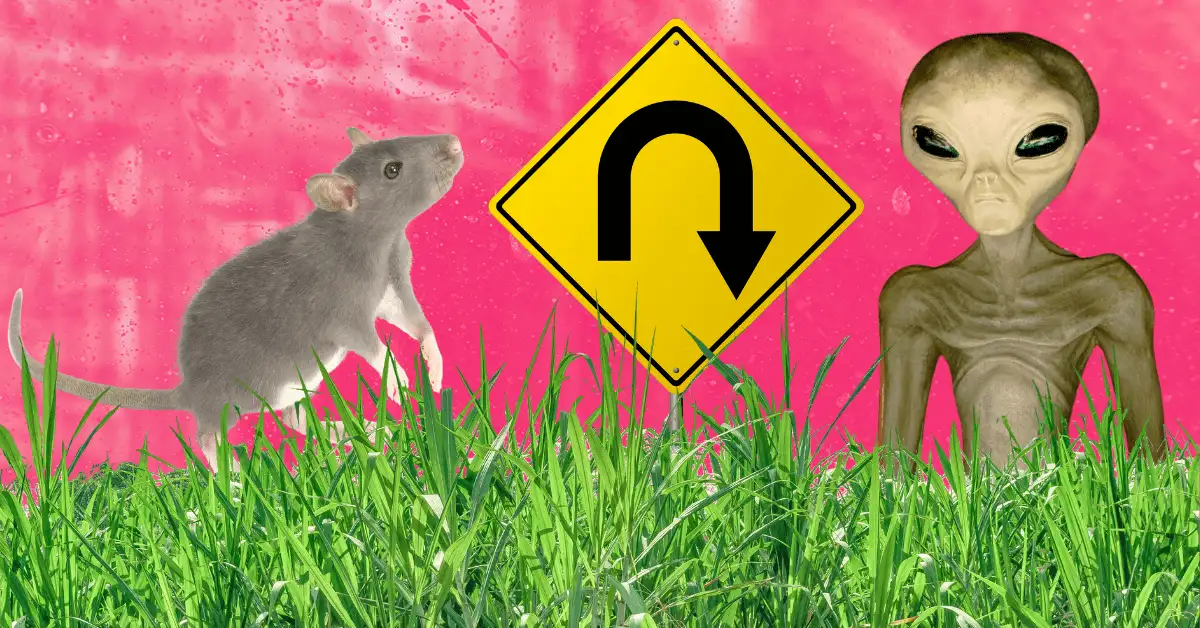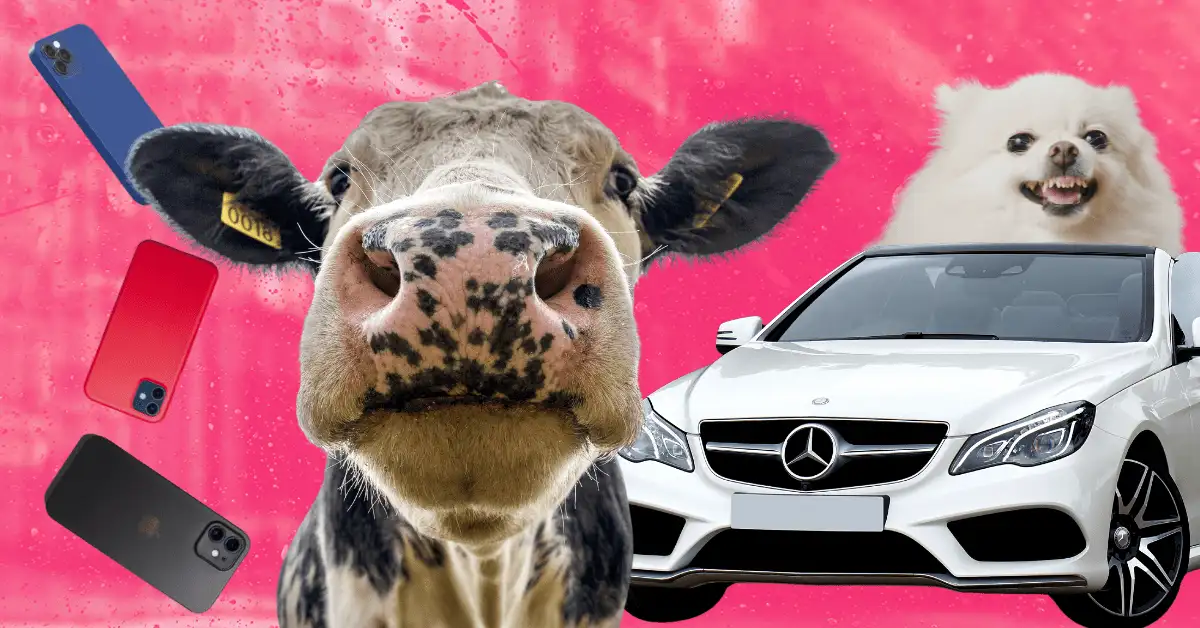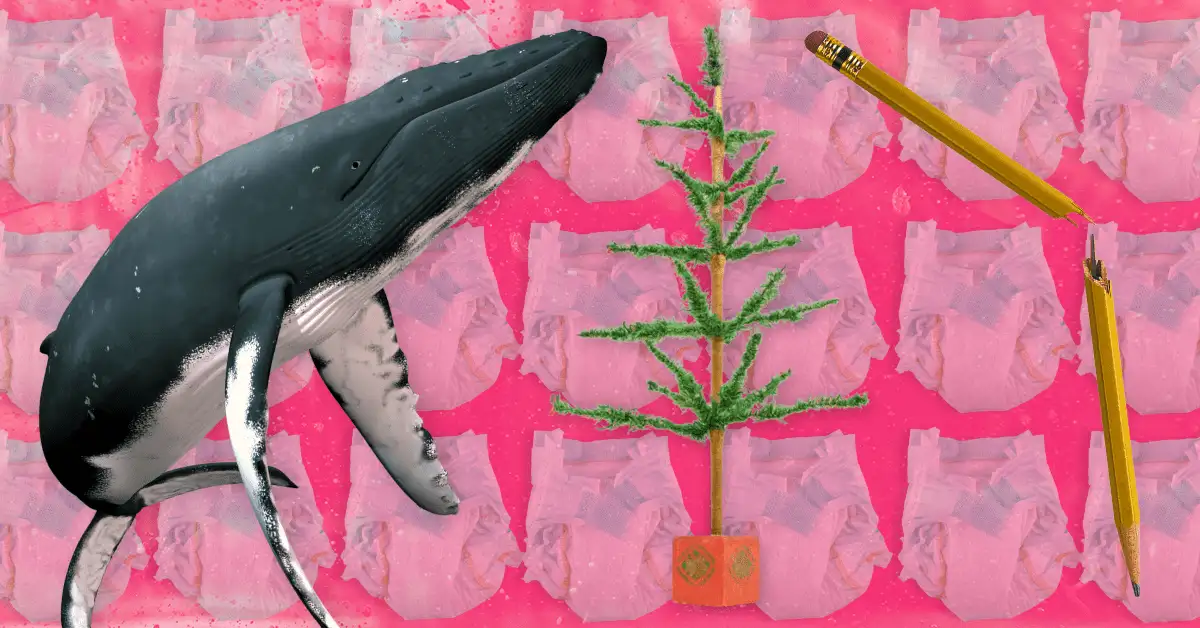Behold: A few conversation-worthy gems from this week’s news cycle that’ll bring any idling social gathering back to life…

- PETA named Apple its company of the year for ditching leather in favor of sustainable, cruelty-free alternatives. As for Apple, the move is part of its goal to be carbon neutral by 2030. Previous winners include alternative meat brand Beyond Meat, as well as less obvious recipients, like 2017 winner WeWork (for banning meat at events) and 2018’s Netflix (for its documentaries on animal abuse).
- The mystery of a missing $800k ring has been solved. The ring, which was feared stolen after it disappeared from its owner’s Ritz Paris hotel room, was discovered in a vacuum bag following a two-day investigation. Though the hotel claimed no foul play was involved, local prosecutors will decide whether to close the case or investigate further. Seems sus… How one could manage to leave ~$1m on the floor, we couldn’t say.
- Speaking of fishy situations… Spanish authorities seized 11 tons of cocaine — most of it found hidden between pieces of frozen tuna — and arrested 20 people on drug trafficking charges across two operations. Investigators said the responsible criminal organizations, based in the Balkans, were using a frozen seafood company as a front to smuggle drugs from South America to Spain.
- Acai: superfood or super wasteful? The superfood’s edible bits account for just 15% of the whole fruit. The leftovers, including 550k tons of acai pits annually, largely end up crowding landfills or clogging waterways in Para, Brazil — the Amazonian state responsible for 95% of global acai production. Local researchers are working to recycle the waste into various products ranging from animal feed to cosmetics, with plans to open the Amazon’s first cellulose lab in early 2024. First up: developing packaging paper from acai fibers.
Topics:
Sound Smart






